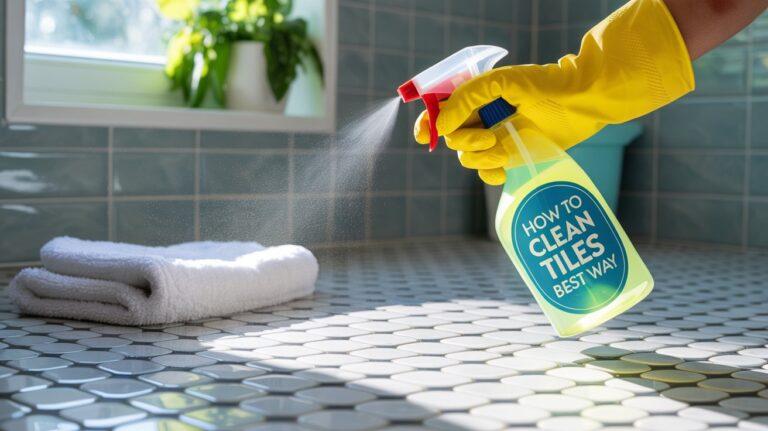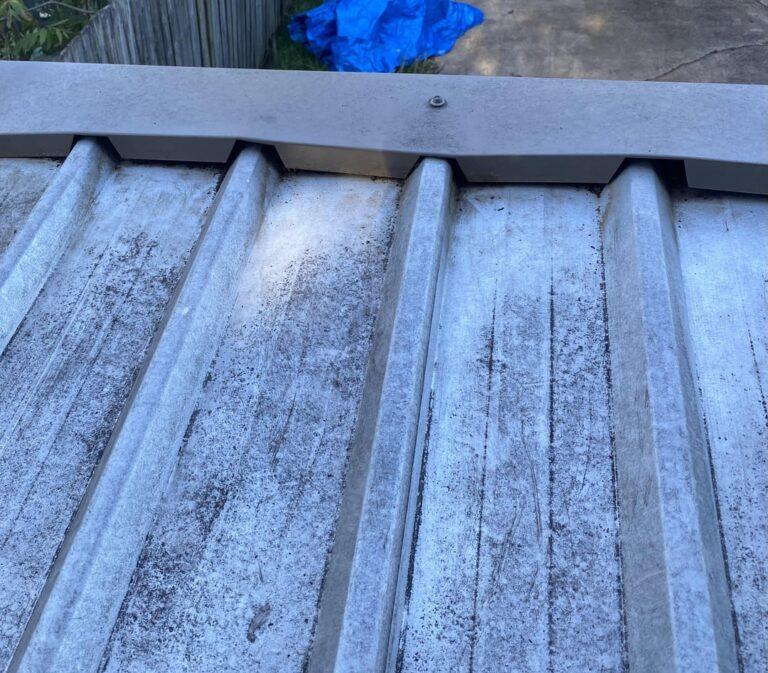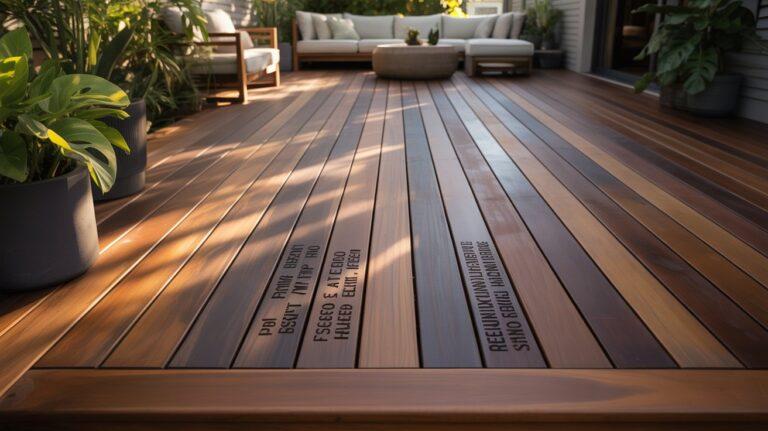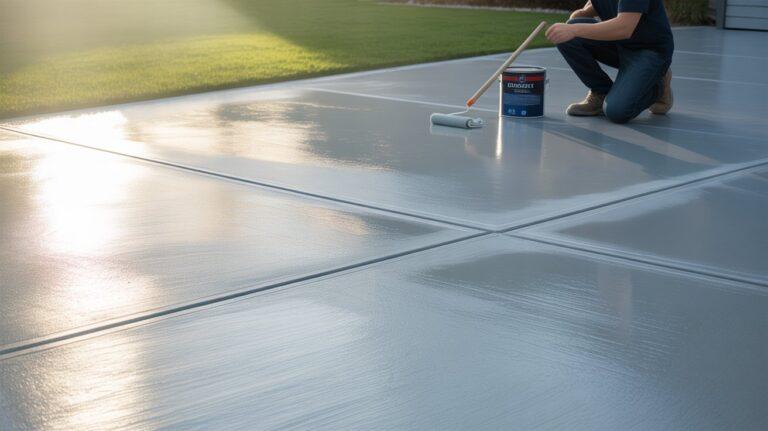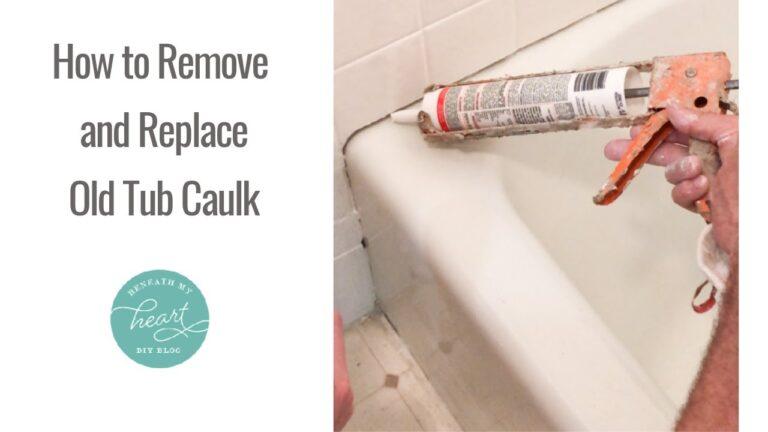Best Time to Seal Concrete Patio: Expert Tips & Timing
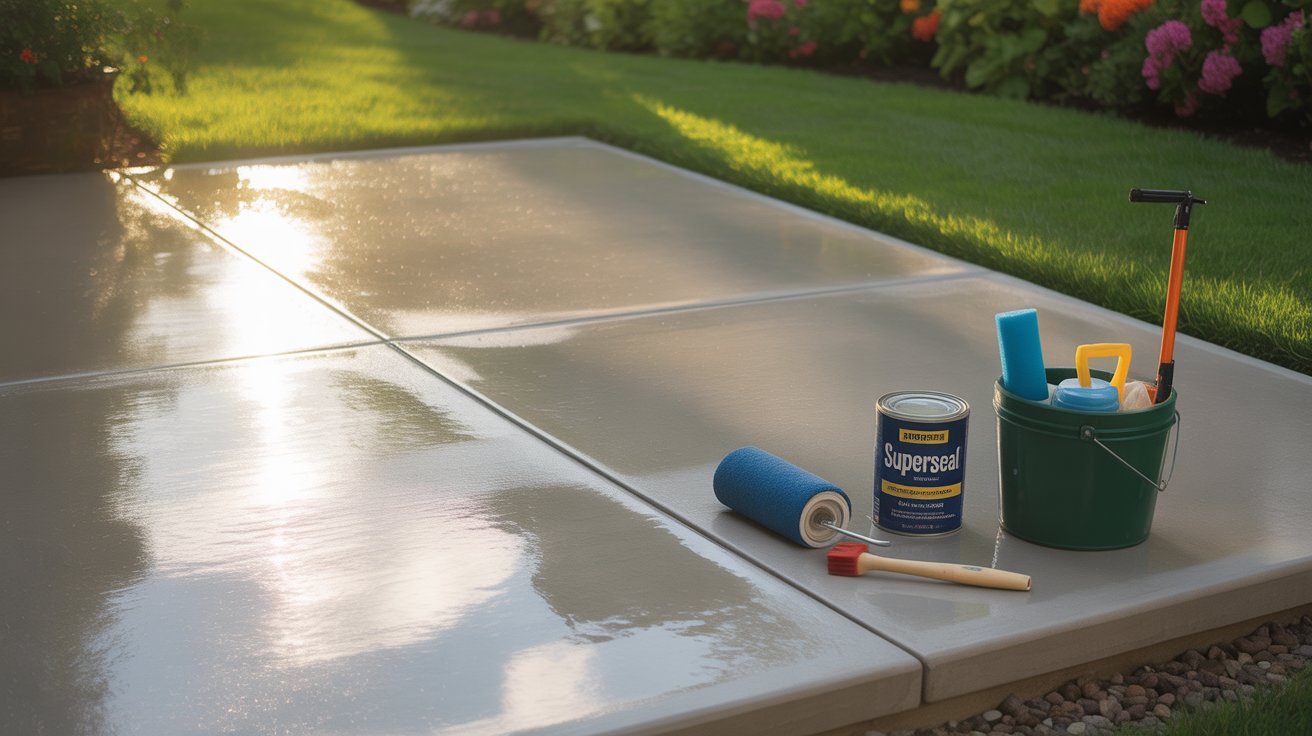
Do you have a concrete patio? It’s important to keep it nice. Sealing helps protect it. But when is the best time to seal concrete patio? Let’s find out.
What is Concrete Sealing?
Concrete sealing is like a shield. It protects the patio. It keeps water and dirt away. It makes the patio last longer. Without it, the patio can get damaged.
Why Seal Your Concrete Patio?
Sealing is very important. It keeps your patio looking good. A sealed patio stays clean. It is also safe from cracks. Water can’t get inside. This means less damage over time.
- Prevents water damage
- Stops stains from forming
- Makes cleaning easy
- Gives a fresh look
The Best Time to Seal
When should you seal your patio? The best time is important. It depends on the weather. Let’s explore more.
Spring Season
Spring is a great time. The weather is not too hot. It’s also not too cold. The temperature is just right. This helps the sealant dry well.
Summer Season
Summer can also work. But be careful. Avoid very hot days. The heat can cause problems. Early morning is best. Late afternoon is good too.
Fall Season
Fall is also a good choice. The weather is cooler. But, watch out for rain. Rain can ruin the sealant. Check the weather first.
Winter Season
Winter is not ideal. It is too cold. The sealant won’t dry well. Cold temperatures can cause issues. So, avoid sealing in winter.
Weather Considerations
Weather is key when sealing. Avoid rainy days. Rain can wash the sealant away. Also, avoid very windy days. Wind can blow dirt onto the sealant.
| Season | Best Time | Considerations |
|---|---|---|
| Spring | Mid-Morning | Stable Temperatures |
| Summer | Early Morning | Avoid Heat |
| Fall | Mid-Morning | Check for Rain |
| Winter | Not Recommended | Too Cold |
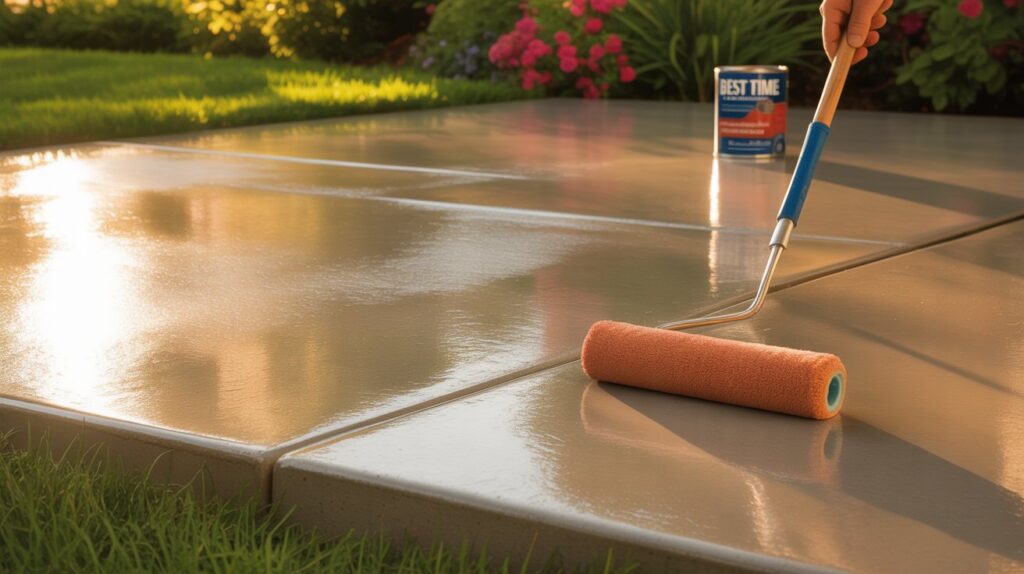
Steps to Seal Your Concrete Patio
Ready to seal your patio? Follow these steps. They are easy and simple.
Step 1: Clean The Surface
First, clean the patio. Remove all dirt. Use a broom or a vacuum. Make sure the surface is clean. This helps the sealant stick well.
Step 2: Repair Cracks
Check for cracks. If you find any, fix them first. Use a concrete repair kit. Follow the instructions. This step is crucial for a smooth finish.
Step 3: Apply The Sealant
Now, apply the sealant. Use a roller or a sprayer. Start from one corner. Work your way across the patio. Cover the entire surface.
Step 4: Let It Dry
Finally, let the sealant dry. Check the instructions on the package. It usually takes a day. Don’t walk on it until it’s dry.
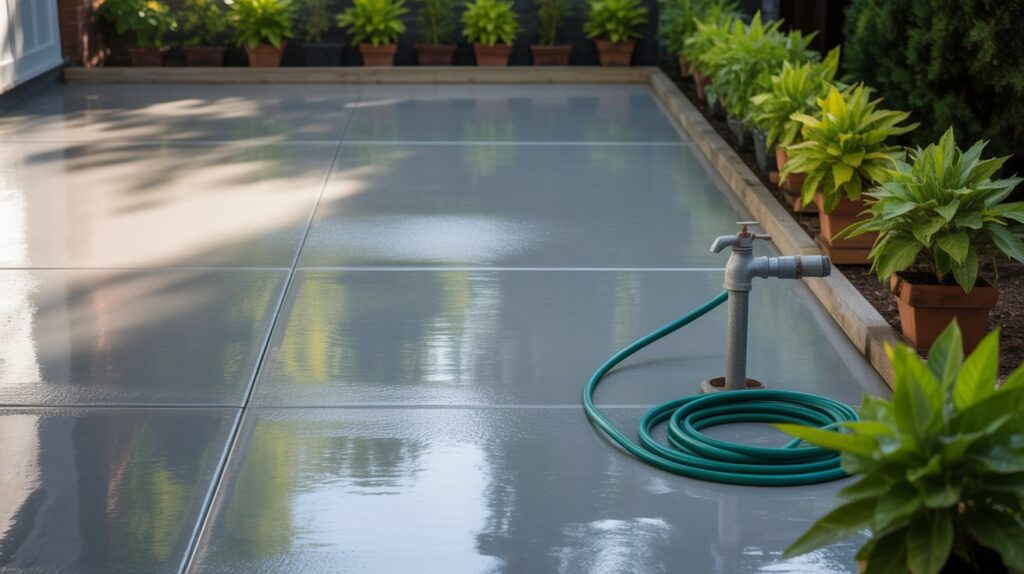
Choosing the Right Sealant
Not all sealants are the same. Choose one that suits your needs. Some are clear. Others have a slight color. Check the label before buying.
- Water-Based Sealants: Easy to apply
- Solvent-Based Sealants: Durable and strong
Benefits of a Sealed Concrete Patio
Why go through all the trouble? A sealed patio has many benefits. It looks better. It lasts longer. It is easier to clean. Plus, it adds value to your home.
Common Mistakes to Avoid
People often make mistakes when sealing. Avoid these common ones.
- Sealing when it’s too hot or cold
- Not cleaning the surface properly
- Applying too much or too little sealant
Frequently Asked Questions
What Is The Best Weather To Seal A Concrete Patio?
Dry and mild weather is ideal. Avoid rainy or extremely hot days for best results.
How Often Should I Seal My Concrete Patio?
Sealing every 2-3 years is recommended. It helps maintain durability and appearance.
Can I Seal Concrete In Winter?
Winter is not ideal. Cold temperatures can affect the sealing process negatively.
Why Seal A Concrete Patio?
Sealing protects from stains and damage. It enhances the patio’s appearance.
Conclusion
Sealing your concrete patio is important. It protects and beautifies the surface. Choose the right time and follow the steps. Your patio will thank you.

Hi Friends, I’m SealerMrinal, your go-to expert for all things sealing. With years of hands-on experience across a wide range of materials—concrete, wood, metal, and more—I bring deep knowledge and practical insights into every sealing project. On my website, I share expert tips, proven techniques, and product recommendations to help you get the best results. Whether you’re tackling a DIY project or seeking professional-grade advice, I’m here to guide you through the art and science of effective sealing.

